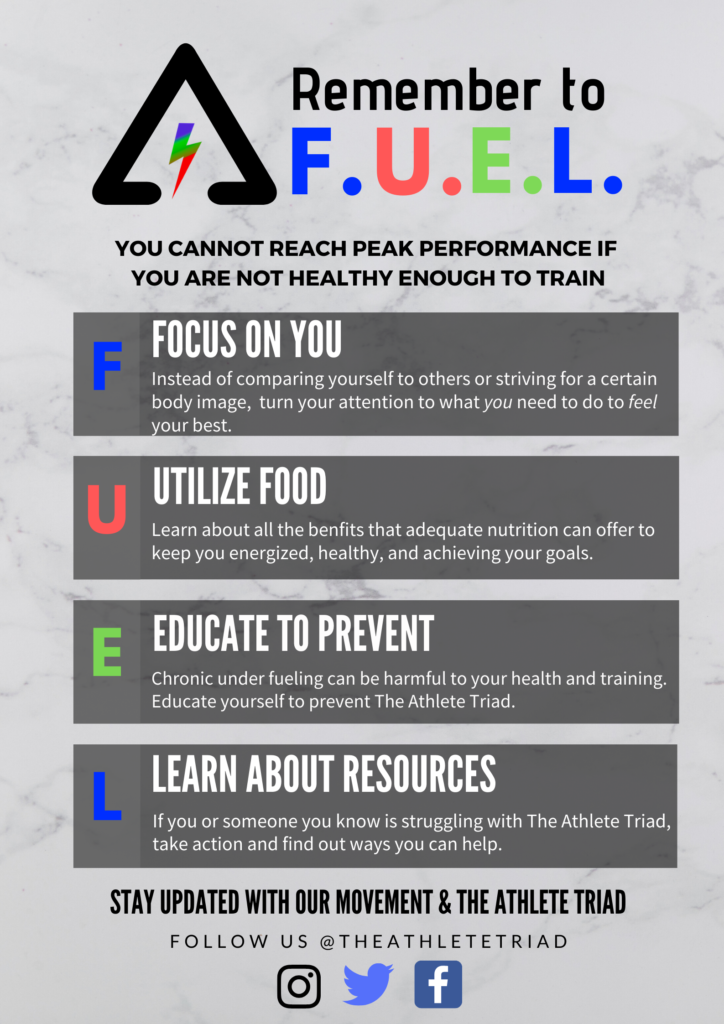As an athlete, I’ve always been curious about how to optimize my nutrition in order to enhance my performance. It’s a topic that often gets overlooked, but the truth is, what we put into our bodies has a huge impact on how we perform on the field, court, or track. After doing some research and experimenting with various strategies, I’ve come to realize the importance of fueling my body with the right nutrients. In this blog post, I will share with you some valuable insights I’ve gained about nutrition for athletes and how to effectively fuel your workout performance.
One thing I’ve learned is that proper nutrition is not just about what you eat, but also when you eat. Timing is key when it comes to fueling your workouts. Pre-workout nutrition is crucial for providing your body with the energy it needs to perform at its best. It’s important to consume a balanced meal that includes carbohydrates, protein, and healthy fats around 2-3 hours before your workout. Carbohydrates are particularly important as they provide the primary source of fuel for your muscles. Opt for complex carbohydrates such as whole grains, fruits, and vegetables, as they release energy slowly and help sustain your performance throughout the workout. Proteins help with muscle repair and recovery, so including lean sources like chicken, fish, or plant-based options like tofu or lentils is essential. Don’t forget about healthy fats either, as they provide you with long-lasting energy. Avocados, nuts, and seeds are excellent options to consider.
Hydration is another critical aspect of athletic nutrition. Dehydration can severely impact your performance, leading to decreased focus, fatigue, and even muscle cramps. To prevent this, make sure to drink plenty of water throughout the day, not just during your workout. It’s a good practice to drink about 16-20 ounces of water two hours before exercising and continue sipping on fluids during your workout. If you’re engaging in intense physical activity or exercising in hot weather, you may also need to replenish electrolytes lost through sweat. Electrolyte-enhanced drinks or coconut water can be beneficial in these scenarios.
During longer workouts or endurance activities, it’s important to provide your body with additional fuel to sustain your energy levels. This can be done through consuming sports drinks, energy gels, or easily digestible snacks like bananas or energy bars. These options give you a quick source of carbohydrates that can be readily absorbed by your muscles.
Post-workout nutrition is just as crucial as pre-workout nutrition, as it helps to replenish your energy stores and kick-start the recovery process. Consuming a combination of carbohydrates and protein within 30 minutes to an hour after your workout is recommended. This helps to restore glycogen levels, repair damaged muscles, and enhance overall recovery. Opt for a snack or meal that includes a mix of fast-digesting carbohydrates, such as a fruit smoothie or a whole wheat sandwich, along with a source of protein such as Greek yogurt or a lean meat.
While it’s important to focus on macronutrients like carbohydrates, protein, and fats, don’t forget about the micronutrients that support overall health and wellbeing. Fruit and vegetables are packed with essential vitamins, minerals, and antioxidants that aid in recovery, reduce inflammation, and support a strong immune system. Aim to include a variety of colorful produce in your meals to reap the benefits of these important nutrients.
Supplements can sometimes be a helpful addition to your nutritional regimen, but they should never replace real food. If you find it challenging to meet your nutritional needs through diet alone, you may consider a multivitamin or specific supplements like omega-3 fatty acids or vitamin D after consulting with a healthcare professional. However, keep in mind that they should be used as a supplement and not as a substitute for a well-balanced diet.
Lastly, don’t forget to listen to your body. Each person is unique, and what works for one athlete may not work for another. Experiment with different foods, timing, and quantities to find what fuels your performance optimally. Pay attention to how certain foods make you feel during and after your workouts. Learning to listen to your body’s cues is key in finding the nutrition plan that works best for you.
In conclusion, nutrition plays a vital role in optimizing athletic performance. Paying attention to pre-workout, during workout, and post-workout nutrition, as well as maintaining proper hydration, can enhance your overall performance and recovery. Remember to focus on whole, unprocessed foods while also considering macronutrients, micronutrients, and proper supplementation when necessary. By fueling your body with the right nutrients, you’ll be on your way to reaching new heights in your athletic journey.
